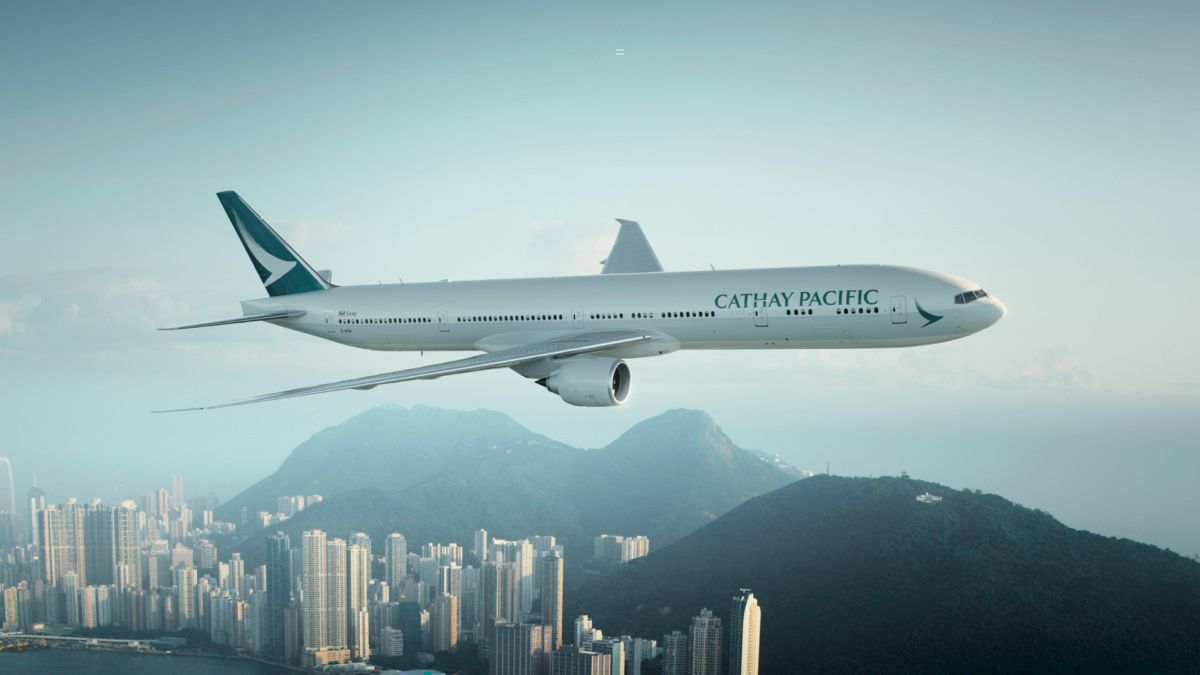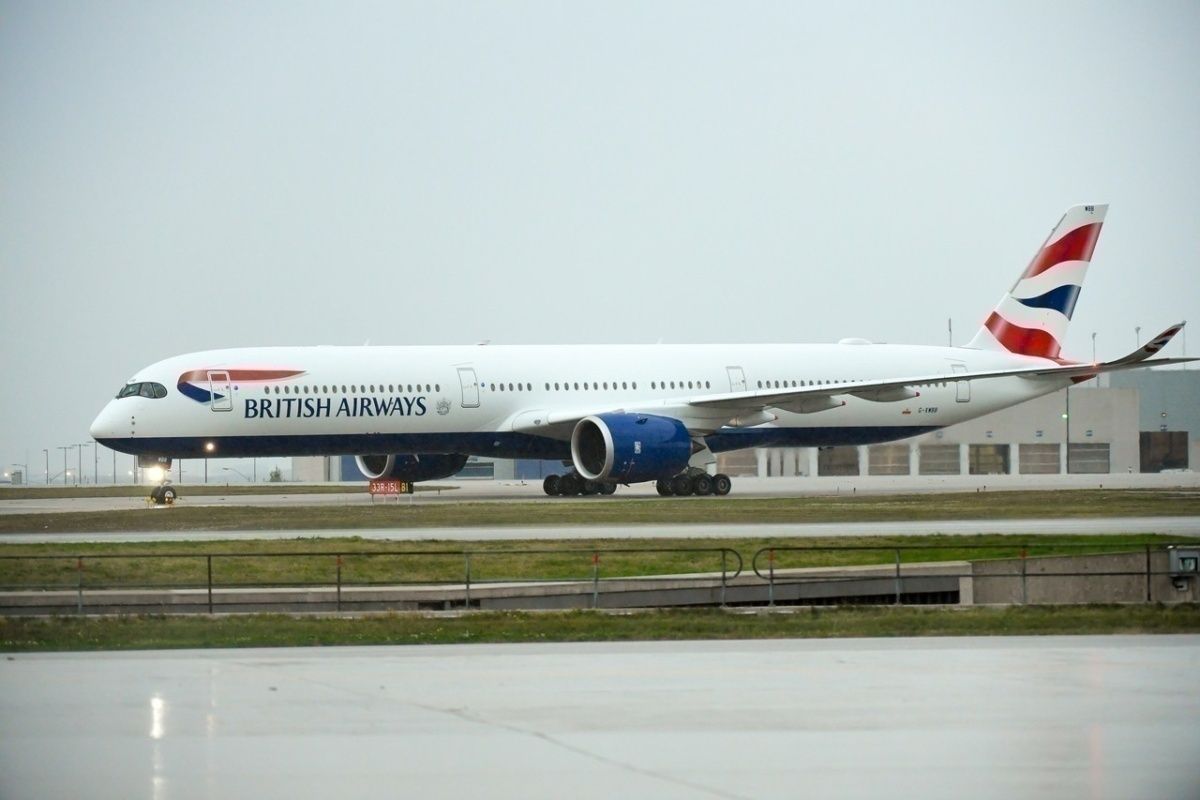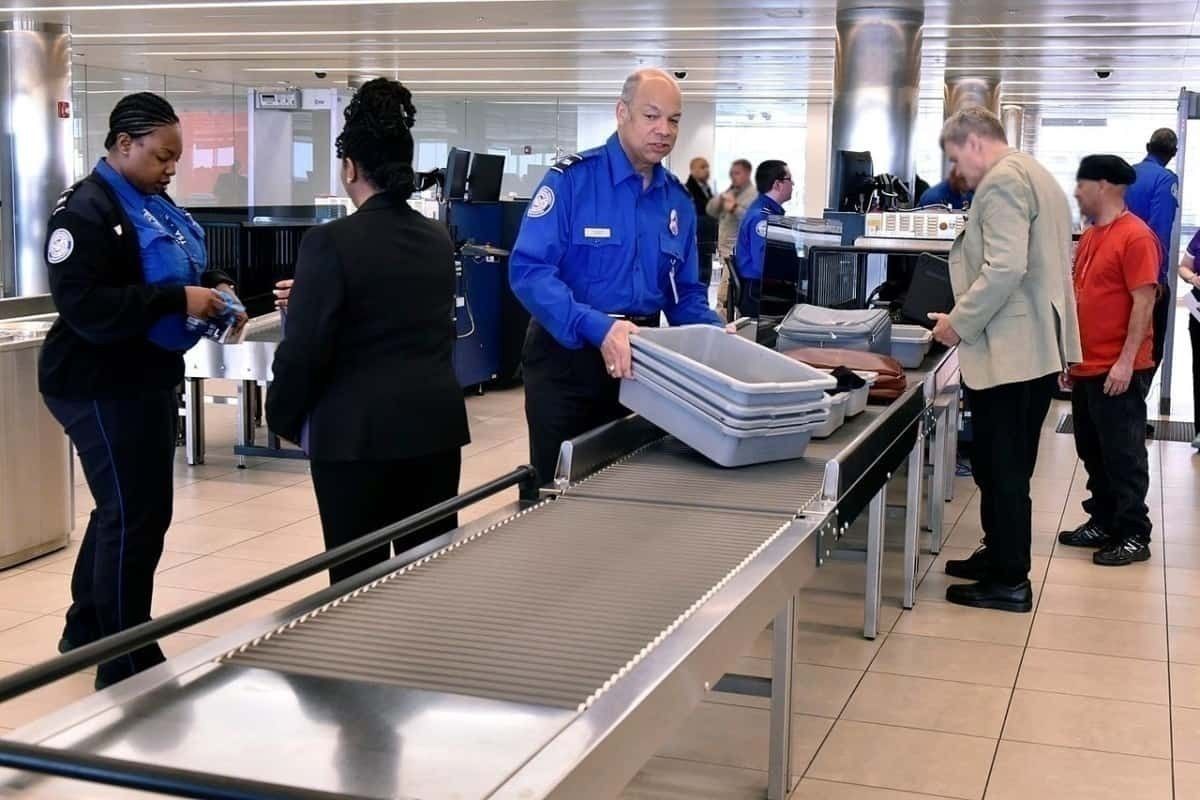There is a lot of discussion about how the post-COVID-19 world will look. For many of us, questions arise about travel, what it will cost, and how problematic it could be. Right now, there are plenty of bargains to lure us back into the skies. But past the immediate future, into the next twelve months and beyond, will these travel bargains continue, or should we not get used to them?
The pandemic will not crush the desire to travel
People have always traveled, even if the method of how has changed over time. A pandemic is unlikely to shift both our need and want to travel. A spokesperson for TripAdvisor said in April;
"People's desire to travel is resilient. What we've seen through SARS, Ebola, terrorist attacks, and numerous natural disasters is that the travel industry has always rebounded."
The world seems to be dividing into two camps; those who want to get moving and those who don't. I'm in the first camp. Once I'm confident flights won't be canceled, that I can pass through borders, and it's safe to do so, the airlines won't need to convince me to start buying tickets again.
But perhaps I'm in the minority. Airline executives everywhere are generally talking up the need for cheap fares to get the traveling public moving again once restrictions ease. Cheap flights platform Dollar Flight Club believes average airfare prices will drop by 35% over the next 12 months.
“Analysing data from past downturns and the initial response from airlines as COVID-19 impacts the industry, we can expect lower airfare prices in the short term," Dollar Flight Club says.
Why would airfares drop as travel starts to rebound?
There's a reason for this view. Airlines will need to lure the many reluctant travelers out of their homes. In addition to health concerns, air travel could become more of a hassle with increased screenings and protocols both at airports and on airlines. There will also be fewer flights in the immediate future, meaning more connections and increased travel time. Cheaper fares will help overcome resistance to this.
Will this also translate in some bargain point redemption opportunities and easier availability? Perhaps, in the short-term. Grounded frequent flyers have continued to accrue points, and a lot of research suggests that this demographic is among the keenest to get moving again. It would see help fill seats and provide valuable revenue for cash-strapped airlines. Perception wise, it would also help restore confidence in a battered industry.
Stay informed: Sign up for our daily aviation news digest.
Outlook not so rosy beyond 2021
But beyond that initial price-driven push to get people back in the air again, experts aren't so sure airfares will stay low. By 2025, Dollar Flight Club thinks average ticket prices will rise by 27% on their pre-pandemic levels.
"In the short term, for travelers willing to book flights today for future travel, these industry shocks are decreasing flight prices significantly," the report said.
"In the long term, the airline industry is about to get much smaller, which is bad for passengers. Customers will have fewer choices of airlines, flight times, and available routes and markets.
"All of that means passengers will pay more when they return to the air."
History supports this view
Dollar Flight Club cites two seismic events in recent history to back their argument up. After 9/11, average airfares fell by 18%. However, they rebounded fast. By 2003, average airfares were 25% above pre-9/11 levels. Similarly, with the GFC in 2008, average airfares fell 21% but had recovered by 2012 to be 24% above pre-GFC levels.
What's the takeout from this? Yes, airfares will probably be cheap for the next 12 months, but they won't last. Airfares will soon start to climb again until the next shock. So, if you want a bargain, it might be better to book sooner rather than later.



